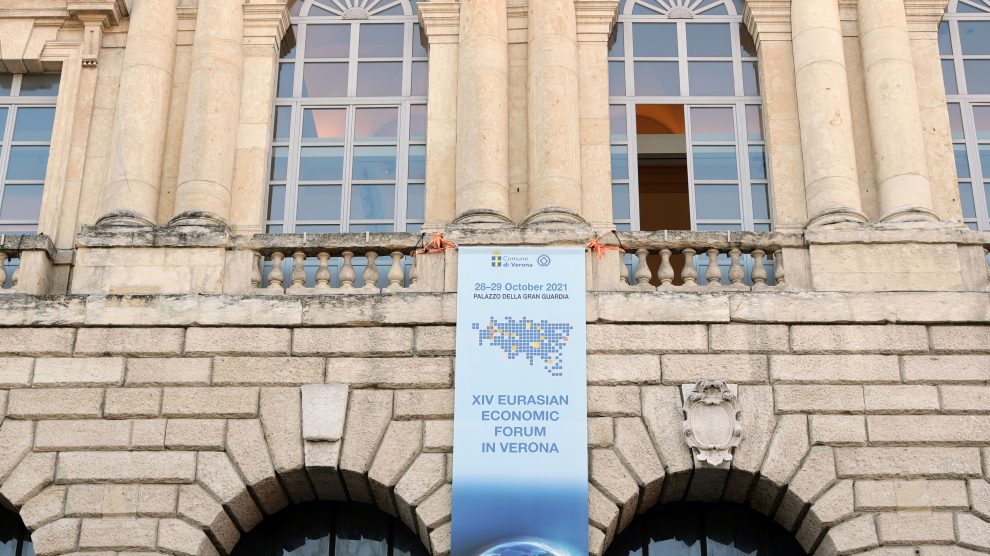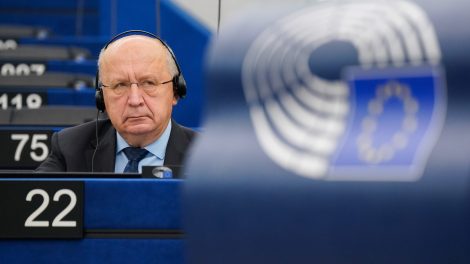Leaving Verona never easy. The Verona Eurasian Economic Forum will be held this year on 5 and 6 December in Ras Al Khaimah, in the United Arab Emirates.
- This marks the third consecutive year that the event has not taken place in Verona, Italy.
- Now in its 17th edition, the forum is organised by the Associazione Conoscere Eurasia, chaired by Antonio Fallico, former head of Banca Intesa Russia (which closed its representative office in Moscow a year ago), honorary consul of the Russian Federation in Verona, and a longstanding bridge between Italy and Russia.
Latest editions. Last year’s edition was hosted in Samarkand, Uzbekistan, a city referred to by Chinese diplomacy as an “ancient city on the Silk Road.”
- In 2022, it was Baku, Azerbaijan.
- The locations allow Russian leaders, such as oligarch Igor Sechin, to attend without facing European sanctions for the invasion of Ukraine.
- This year, it’s the United Arab Emirates, which has become a haven for Russian business since Western sanctions were imposed.
Parterre de rois. Among last year’s guests in Samarkand was Russian Deputy Prime Minister Alexei Overchuk, alongside Romano Prodi, former Italian Prime Minister and European Commission President, who joined via video link.
- Opening the forum, Mr Fallico spoke of an “epochal transition” towards a “new global economic and political governance” without once mentioning Russia’s invasion of Ukraine.
- However, he did refer to a vision of a “plural and multipolar world” — a recurring theme in the narratives of revisionist powers like Russia and China.





